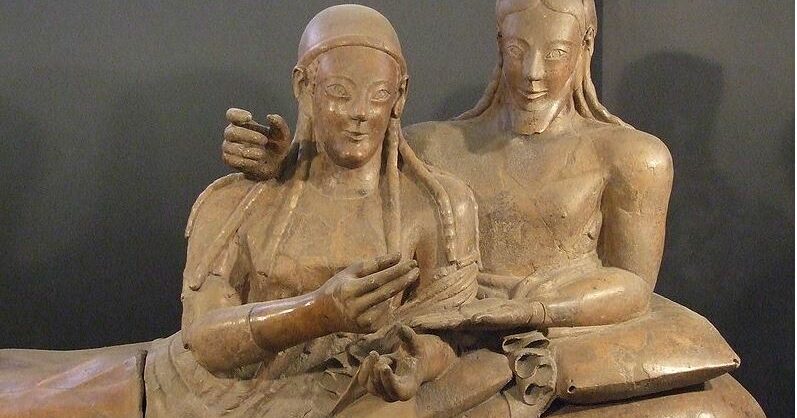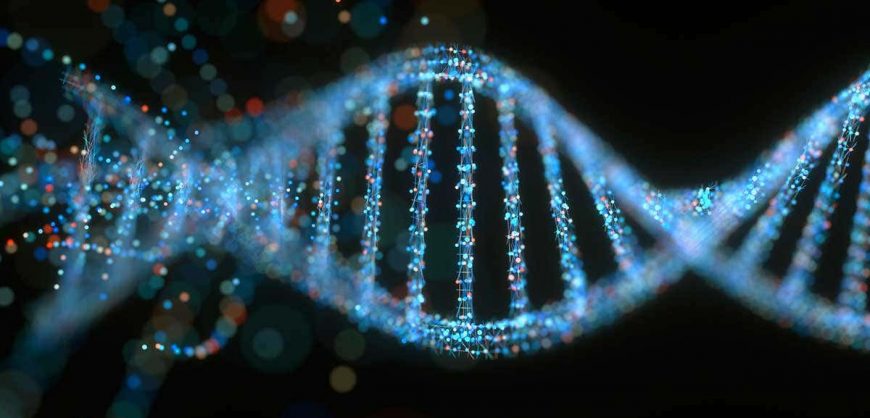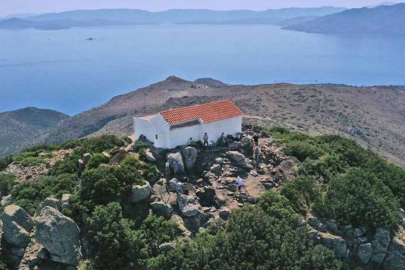Live Science reports that a team of researchers from the University of Florence and the Max Planck Institute for Evolutionary Anthropology examined DNA samples collected from the remains of 82 people unearthed at 12 archaeological sites in central and southern Italy.
The remains ranged in age from 1,000 to 2,800 years old. The scientists then compared the DNA with samples from other groups of ancient and modern people and found that the Etruscans, who spoke a non-Indo-European language, had a genetic profile similar to that of their Latin-speaking neighbors.
also read
Greek grandma unimpressed by Gordon Ramsay’s sauce (funny video)
David Caramelli of the University of Florence said the study challenges the assumption that people with similar genes spoke similar languages. Both groups are thought to have come to the Italian peninsula from the Pontic-Caspian steppe during the Bronze Age, with the early Etruscans settling in northern and eastern Italy, and dominating central Italy by the seventh century B.C. But by the third century B.C., the Roman Republic gained control and assimilated the Etruscans by 90 B.C.
The researchers plan to examine DNA from other areas of the Roman Empire to continue their search for the origins of the Etruscans and their language.
source archaeology.org








































